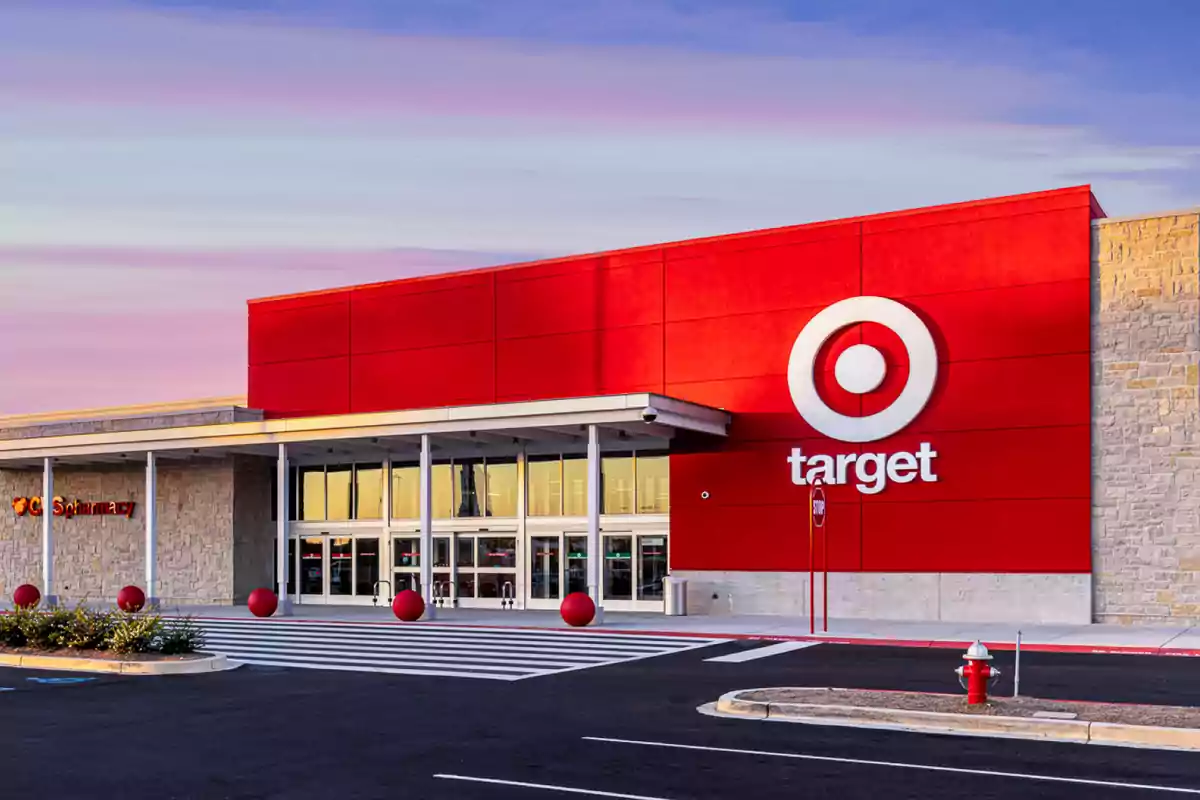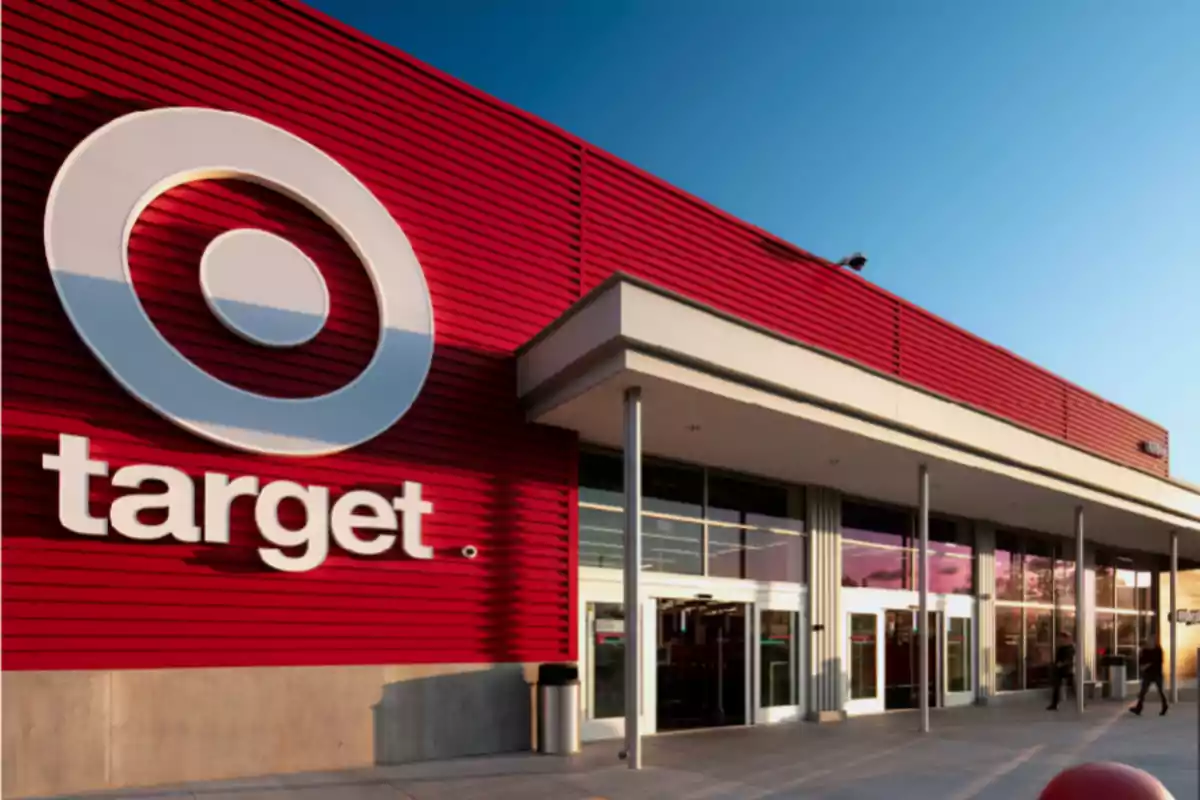Target, one of the largest retail chains in the United States, is in the midst of a period of uncertainty. The company, well-known for its focus on product variety and accessibility, has been a pillar for millions of consumers over the years. However, recent changes in its business strategy and decisions made by its management have begun to raise concerns.
The retail chain has suffered a significant drop in its stock and foot traffic, which has caused concern among analysts and consumers. On April 4, Target's shares fell to their lowest level in four years, reaching $88.76 per share. This drop occurred after Target announced it would cancel its diversity, equity, and inclusion (DEI) program, and it led to a decline in its foot traffic for the tenth consecutive week.

Target, Downhill Without Brakes
Customer traffic in Target stores fell 7.9% year-over-year during the week starting March 31. This drop is the largest recorded since February 17, when a similar decrease of 8.1% was observed.
According to data from Placer.ai, this decline in traffic is concerning for a company that was once a benchmark in American retail. The cause seems to be related to Target's decision to cancel its DEI program in January, which provoked reactions from consumers and activists.
Meanwhile, as Target experiences these difficulties, Costco is heading in the opposite direction. The latter has recorded 15 consecutive weeks of growth in its foot traffic, although this last week the increase was just 0.3%. This contrast in performance between the two companies highlights the different paths large retail chains can take when faced with crucial decisions like the implementation of DEI programs.

In addition to the drop in its stock and traffic, Target faces a complicated situation due to an ongoing boycott. This boycott, initiated by Black pastors, has quickly gained followers and already has more than 150,000 participants. The organizers of this boycott have expressed their dissatisfaction with the company's decisions, and their main goal is for it to continue until Easter, April 20.
Meanwhile, Target's CEO, Brian Cornell, tried to remain hopeful by mentioning that they expected strong sales from the Easter assortment. However, customer traffic continues to decline.
An Agreement with Obstacles
On April 3, Ulta Beauty's CEO, Kecia Steelman, announced that the expansion plans for the shop-in-shop program at Target were being paused. This agreement, signed in 2020, was initially considered a strategy to attract more foot traffic.

However, the lack of progress in the expansion, which has fallen 25% short of expectations, shows another difficulty that Target hadn't anticipated. Despite the joint efforts between Target and Ulta, the performance of this collaboration hasn't been the desired one.
This accumulation of factors has put Target in a critical situation. Its recent decisions seem to be affecting both its public image and profitability. The combination of declines in traffic, lack of progress in key partnerships, and the impact of the Easter boycott is causing the company to go through a tough time.

